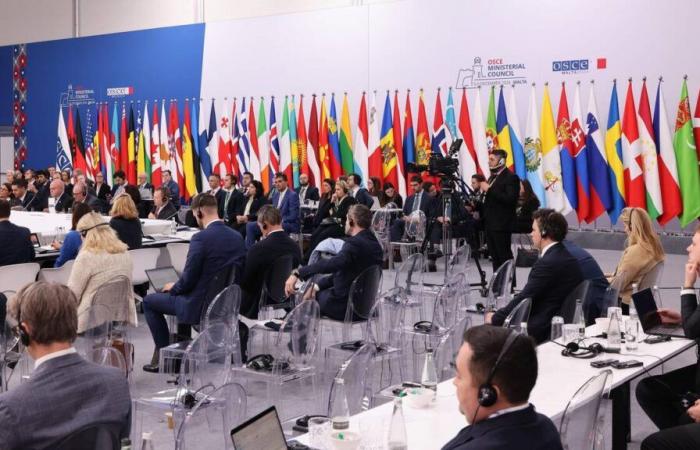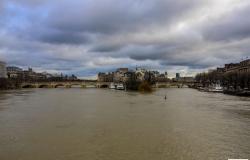Published on January 7, 2025 at 06:35. / Modified on January 7, 2025 at 06:35.
3 mins. reading
Incidences
Former ambassador, François Nordmann shares his networks and information behind the scenes of diplomacy every Tuesday.
Find all his chronicles
Federal Councilor Ignazio Cassis gave an interview at the end of last year to the newspapers of the Tamedia group. He presented his analysis of the international situation there. He essentially repeated the speech he gave on April 17, 2024 at the UBS Economic Forum in Zurich. Switzerland is at the center of a “ring of fire”: the war in Ukraine, the armed conflicts in the Caucasus, and around the Mediterranean, the wars in the Middle East, and in the Sahel. The great powers have returned to a policy based on force. International institutions no longer function, world trade is in decline, a new world order is being born without us knowing what it will look like. And to underline the strategic importance which attaches to “stable, predictable and serene” relations with our neighbors and with the European Union. The head of the DFA remained skeptical about developments in Syria and called for a wait-and-see approach. The only light touch in this dark picture was that he foresaw the possibility of a ceasefire in Ukraine in 2025. What emerges from these statements is that Switzerland is passively witnessing the battle of the titans taking place under its balcony, while fearing that his lawn will be trampled. However, at the Security Council, Switzerland has taken clear positions, undoubtedly easier to express in New York than in Berne.
Since then, we learned on December 30 that Switzerland was going to chair the OSCE in 2026, an organization that the head of the FDFA described last spring as “incapable of acting”… For the third time in thirty years, Switzerland will exercise the presidency of this organization, which this year celebrates the half-century of its founding act. In 2014, a team of 20 diplomats and a budget of 28 million francs allowed Switzerland to give prominence to the presidency of Mr. Didier Burkhalter, who was at the same time president of the Confederation. No one predicted that the war in Ukraine would dominate the organization’s agenda. The Swiss position was, however, not in line with that of the EU: Switzerland believed that Russia should be included in the European security architecture, notwithstanding the annexation of Ukraine. Our partners did not share this opinion: Russia must first return Crimea. Switzerland achieved significant initial success by proposing the creation of a body of observers who were sent to the field, notably in Donbass, then France and Germany took over the diplomatic initiative. These countries negotiated with Russia and Ukraine what became the Minsk Agreement, the implementation of which was entrusted to Swiss Ambassador Heidi Tagliavini. The Swiss presidency was also obliged to carry out joint actions with Serbia, which was to succeed it at the head of the organization in 2015.
Le Temps publishes columns, written by members of the editorial staff or external people, as well as opinions and columns, proposed to personalities or requested by them. These texts reflect the point of view of their authors. They in no way represent the position of the media.
Want to read all of our articles?
For CHF 29.- per month, enjoy unlimited access to our articles, without obligation!
I subscribe
Good reasons to subscribe to Le Temps:
- Unlimited access to all content available on the website.
- Unlimited access to all content available on the mobile application
- Sharing plan of 5 articles per month
- Consultation of the digital version of the newspaper from 10 p.m. the day before
- Access to supplements and T, the Temps magazine, in e-paper format
- Access to a set of exclusive benefits reserved for subscribers
Already have an account?
Log in
Swiss






